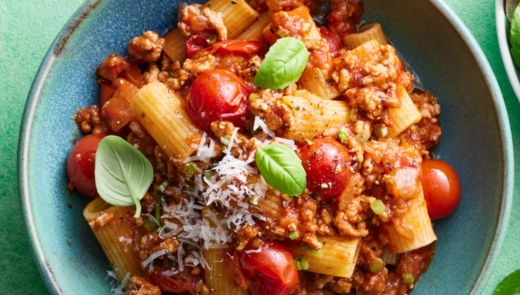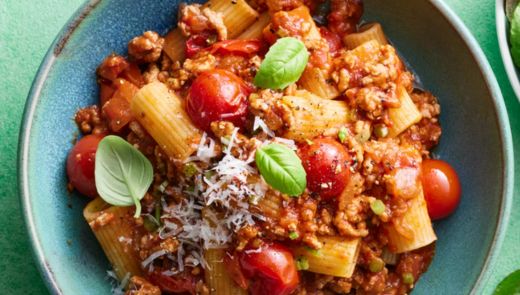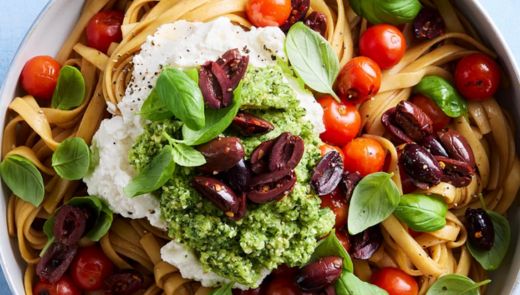
Sleep is important in helping you lose weight and maintaining good health. In 2011, a study in “American Journal of Clinical Nutrition” found that when participants slept for less than 4 hours a night compared to 9 hours, they consumed an extra 300 calories.
Reduced sleep affects your hormone levels. If you don’t get adequate sleep, leptin (the hormone which tells your brain you are full) decreases and ghrelin (the hormone which stimulates hunger) increases. A study at the MRC Clinical Sciences Centre at the Imperial College of London and Hammersmith Hospital found that higher levels of the hormone Ghrelin appears to make high calorie foods more appealing and will affect eating behavior by stimulating the reward systems of the brain.
Other studies shows that inadequate sleep results in a slower metabolic rate (by up to 10%) with your body burning lean muscle tissue rather than fat tissue to conserve energy.
The University of Chicago found that when people slept 5.5 hours compared to 8.5 hours, their fat loss decreased by 55%.
Lack of sleep can also accelerate the ageing process with one study showing that if healthy 30 year olds sleep an average of 4 hours a night, parts of their body chemistry revert to that of a 60 year old. It takes almost a week for their bodies to return to their 30 year old systems[i].
Sleep loss not only affects your physical health- lack of sleep can negatively affect your ability to reason logically, solve problems, your attention, mood and quantitative skills!
Aim for at least 7-8 hours of sleep a night.
Studies have shown that subjects were 25% hungrier when they didn’t have adequate sleep.
Tips for a good night sleep:
- Exercise
Exercise with TAPFit. This can result in decreased time to reach deep sleep, increase the amount of time you spend in deep sleep and increase the quality of your sleep.
- Follow the TAPfit dietary guidelines, avoiding a high fat diet.
A diet high in fat can cause fragmented sleep. What can you eat to help you sleep?
Tryptophan increases the amount of the hormone serotonin, which is a natural sedative in your brain and essential for a good night sleep. Tryptophan is built from proteins that we eat. Tryptophan is present in eggs, nut, bananas, honey, seeds and dairy. Carbohydrates make tryptophan more available to the brain so try a turkey sandwich for the perfect combination. Our favorite bedtime snacks are a glass of warm milk and honey or a banana and milk.
- Drink Herbal Tea
Chamomile tea can help you to sleep. Lavender tea can also have a calming effect and assist with sleep.
- De-stress
Worrying will keep you up. Learn methods to help you de-stress during the day and before bed. Write what is worrying you on a notepad so that you don’t have to think about it until the next day.
- Put away your phone & turn off the lights
Turn off your mobile and other electronic devices 30 minutes before bed. Your eyes are particularly sensitive to the blue light emitted from electronic devices because this light is most common outside during daylight hours. Blue lights trick your brain into thinking it is daytime. Therefore your body doesn’t produce as much of the hormone melatonin (which makes you sleepy & regulates your sleep pattern).




